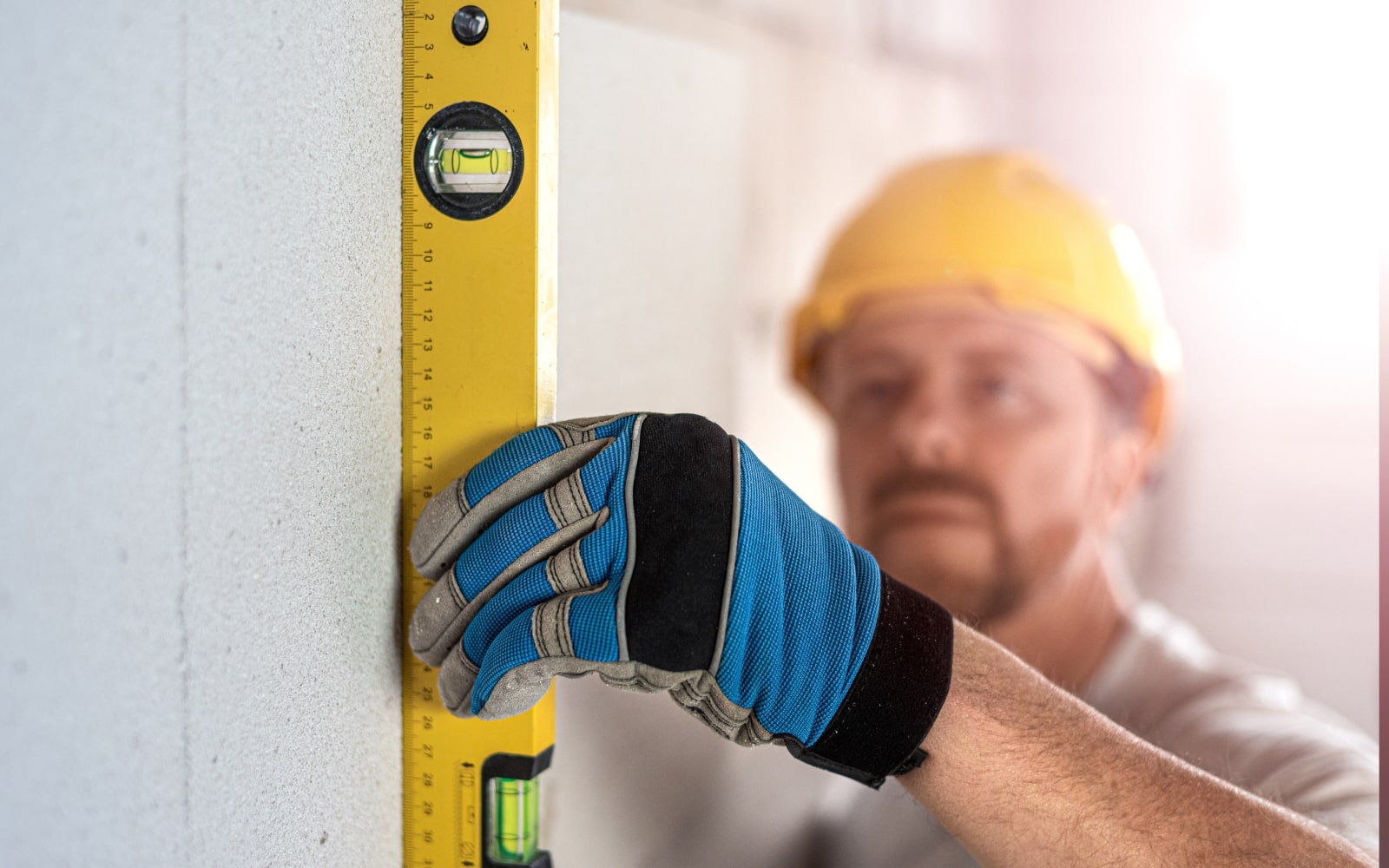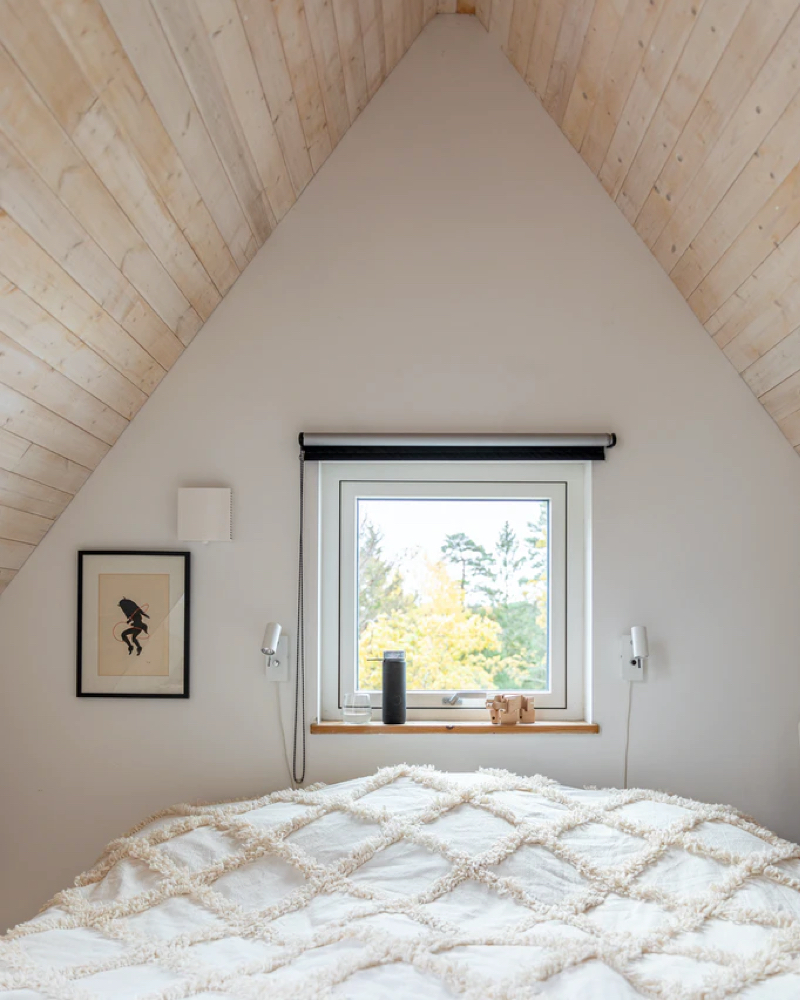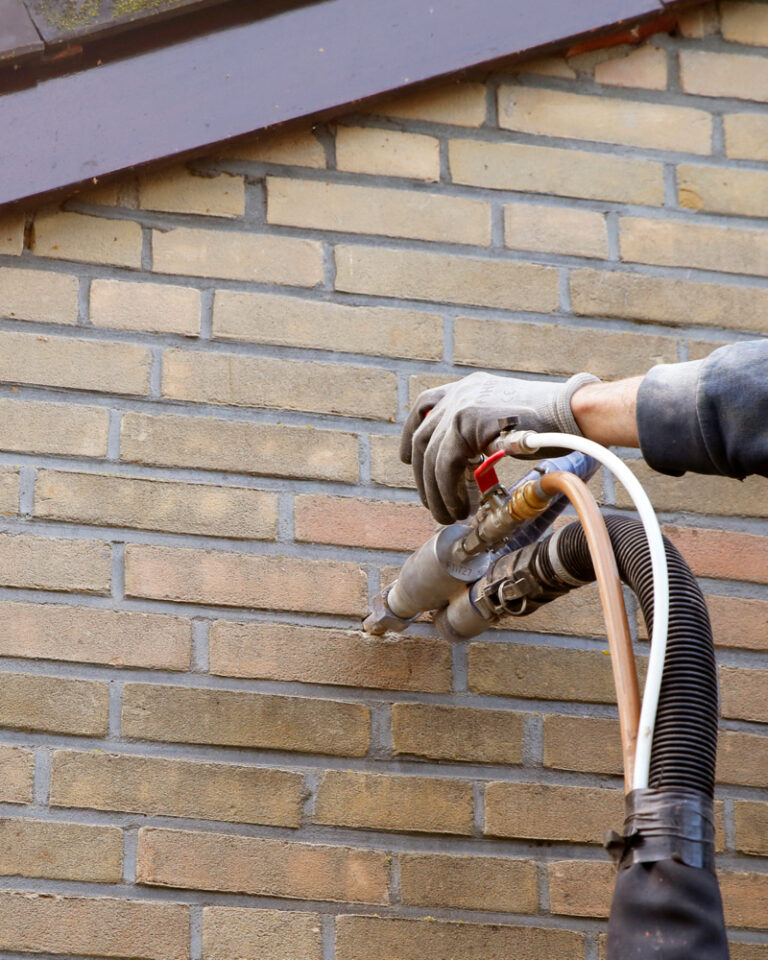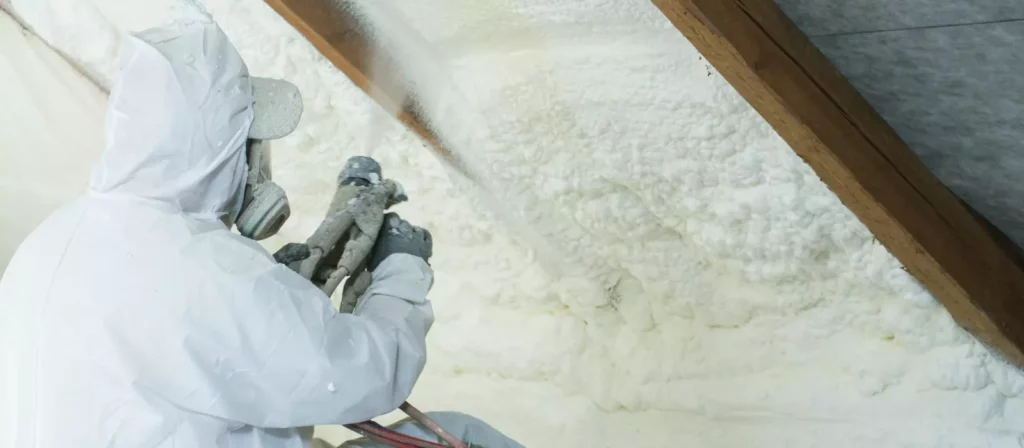- In this guide
The UK remains one of the least energy efficient nations in Europe. It is estimated that over 7 million homes across England, Scotland, and Wales have inadequate or no insulation. This is costing homeowners hundreds of pounds in unnecessary energy bills every year and leaving a negative impact on the environment.
The UK government has made energy efficiency one of its key initiatives over the past decade or so, with the aim to get as many homes and buildings as possible properly insulated. Many new builds are constructed with insulation already installed. However, older houses will need to undergo a proper energy survey, conducted by a registered professional, to determine what insulation measures are best suited to make the property more energy efficient in line with national guidelines.
With energy prices continuing to rise, it’s never made more sense to invest in insulation for your property. At Smartstone, we’ve made it our mission to educate you on the benefits of insulation, help you get quality insulation for less, and guide you on all the latest funding schemes designed to cover your insulation expenses.
The benefits of home insulation
Studies conducted across the UK continue to show that uninsulated properties are losing a significant amount of heat through their walls, windows, and roofs. Homeowners are spending a small fortune on heating their homes, only to lose that generated heat through lack of insulation. It’s money going to waste when the solution is super simple.
The most effective method to make a building more heat efficient is through insulation. However, as most insulation projects cost a fair amount, you are likely to question whether the expense is worth it in the long run. Will you actually see a difference in your energy bills and enjoy a cosier house?
The answer is almost always a resounding yes!
- Tools & Resources



